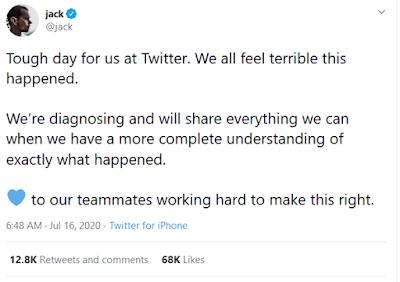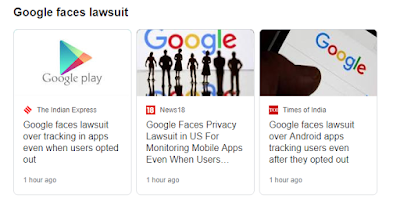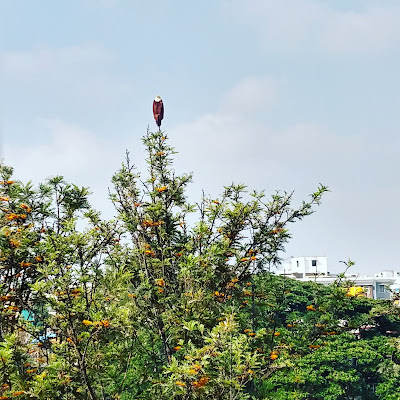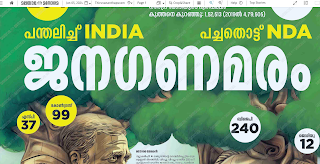If you think air pollution can be controlled by maintaining the status quo, then you are probably mistaken. Pollution is linked to our day-to-day activities. It is the stark reality.
In Bengaluru, the primary reason behind air pollution is that there are lots of vehicles on the road, especially during peak hours. The more vehicles that you add to the existing number, then the air pollution will keep on increasing.
Air pollutants do not vanish overnight. They stay in the air and they will react with other chemicals to form toxic compounds that create eye irritation and respiratory issues. If night temperatures are less, the chemicals trapped in dense air will disappear next day only.
To reduce air pollution in Bengaluru, do the following:
Reduce the number of vehicles
This is the saddest and the most controversial solution that nobody will agree to. There are over 83 lakh registered vehicles in Bengaluru, says a report in the Deccan Herald newspaper. The city has to reduce its vehicle numbers. Reduce the number of diesel vehicles whether they are private cars, cabs, buses, or lorries.
Phase out old vehicles
Discard vehicles that are old and polluting than the rest. Allow only healthier old vehicles to remain with stringent anti-pollution standards. Allow exceptions based on well-defined criteria. For example, the poor and farmers may need some exceptions.
The traffic police authorities can also cancel the registrations of vehicles against which more than three grave traffic violations have been reported. If the violations are more than five, consider sending these vehicles to a local reuse and recycle economy to provides jobs to local people.
Cap vehicle registration
Consider a quarterly or annual cap on vehicle registrations. Link vehicle registrations with air pollution levels. For example, if quarterly air quality data exceeds the defined levels, stop or slow down registrations. Consider an annual cap on SUVs. Make this process transparent.
Revamp fuel policy
Review the fuel policy and ensure that you move towards greener, less polluting fuels. Stop adulteration of fuels on a war footing. Start a helpline to let citizens to report fuel adulteration. Set milestones on how you will achieve this.
Improve public transport
Strengthening public transport is the universal solution for air pollution control. But public transport stacked with hundreds may not be ideal. Encourage suburban railway networks with good bus connectivity to inner areas. Don’t leave commuters stranded at railway stations.
WFH
The Covid-19 lockdown has proved that working from home does work. It can be the new normal and not a reluctant exception. Encourage work from home or work from anywhere policies among trusted employees. Provide incentives to employees who use public transport more than private vehicles.
Create cycling lanes
Another universally recommended solution to curb air pollution. But perform a pilot health study before you create cycle lanes. High temperatures, poor roads, heavy traffic, suspended particulate matter (SPM), and air pollution pose risks to cyclists.
Regulate diesel generators
Even residential areas are not free from loud diesel generators contributing daily to the particulate matter pollution in the city. Daily power supply disruptions are the primary reasons why these generators are widely used.
Develop a green construction policy
Bengaluru needs a sustainable construction policy whether it is for residential areas, high-rises, office space, or for the metro trains. There is tremendous air, water, and noise pollution from construction activities in the city. There is nobody to regulate the pollution caused by construction activities. The levels of noise and dust pollution caused by bore well digging is unimaginable in any other modern city.
End solid waste burning
Burning of solid waste on the streets is very common. Residents realise only when the acrid smell reaches their nostrils. Residents can play a big role in stopping this practice by forming neighbourhood teams to report such violations to the authorities.














